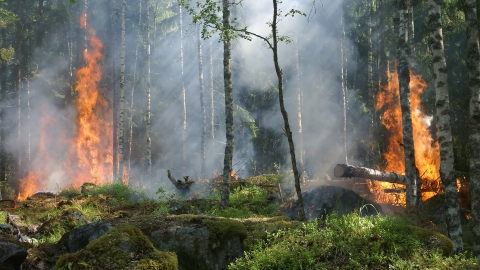A research team of European and African scientists, led by the University of Leeds in the UK, surveyed numerous pristine rainforests that have been largely untouched by human activity.
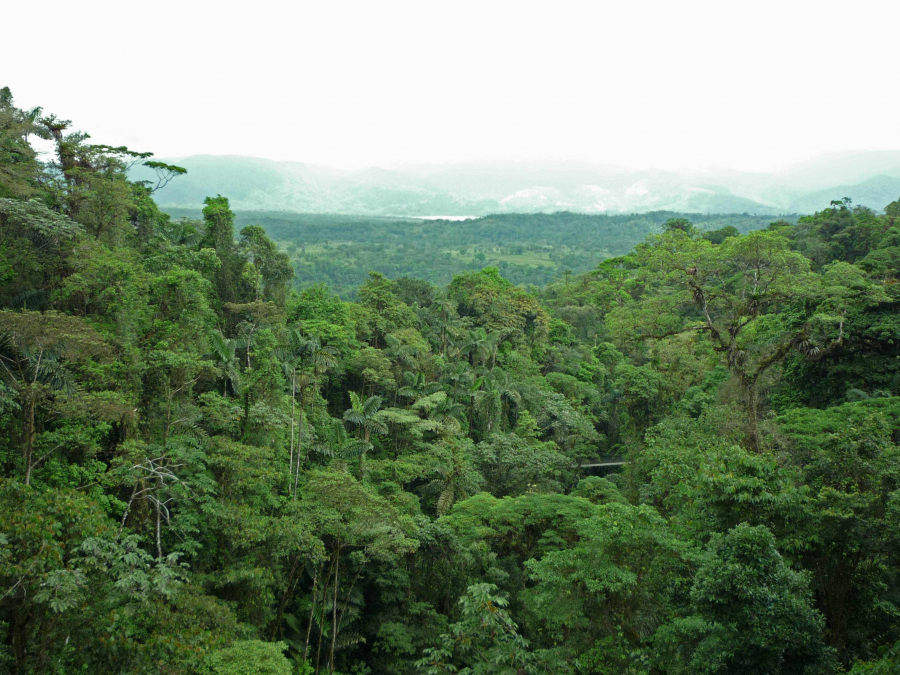
The research team surveyed more than 300,000 trees over the past 30 years in 565 forests across the Amazon and Africa. The scientists used aluminum pins to tag each individual tree, measuring its diameter and estimating its height. After several years, the team repeated the process and calculated the amount of carbon stored in each tree.
As a result, scientists noted that the amount of carbon these forests absorbed was nearly three times lower than the amount recorded in the 1990s. More seriously, the team outlined future scenarios and showed that these forests risk losing their ability to absorb CO2.2by 2035. This could turn the Amazon rainforest from the "green lungs" of the Earth into a carbon sink by the 2060s if forest fires and deforestation remain unchecked.
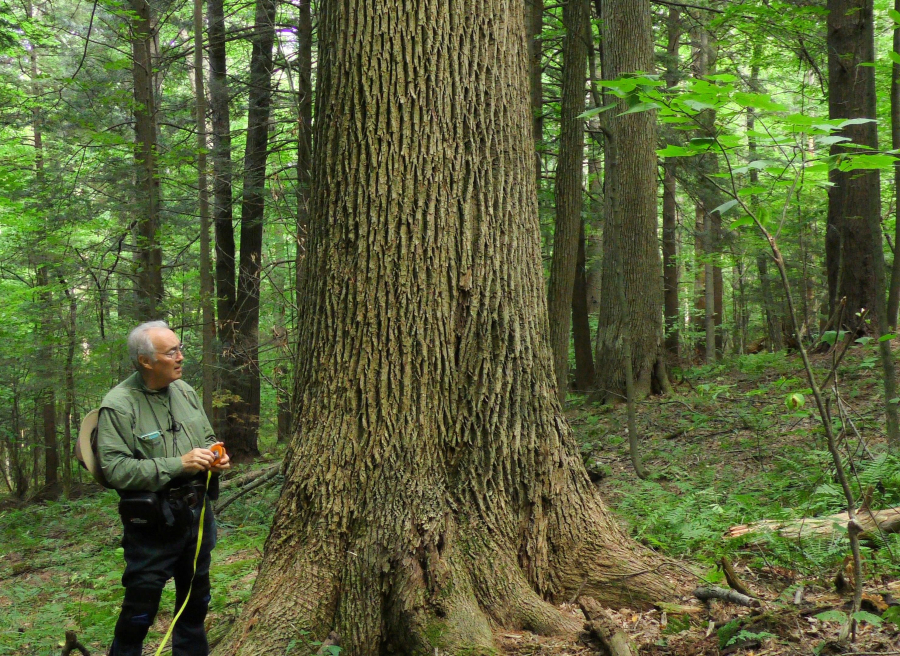
Many locations in Africa are in a similar situation. For example, the Congo Basin in Central Africa has shown signs of declining carbon absorption since the beginning of 2010. The research team suggests that within 10 years, African rainforests will absorb CO2.214% less than the current level.
"Tropical forests will exacerbate the problem of climate change," said Simon Lewis, an ecologist at the University of Leeds.

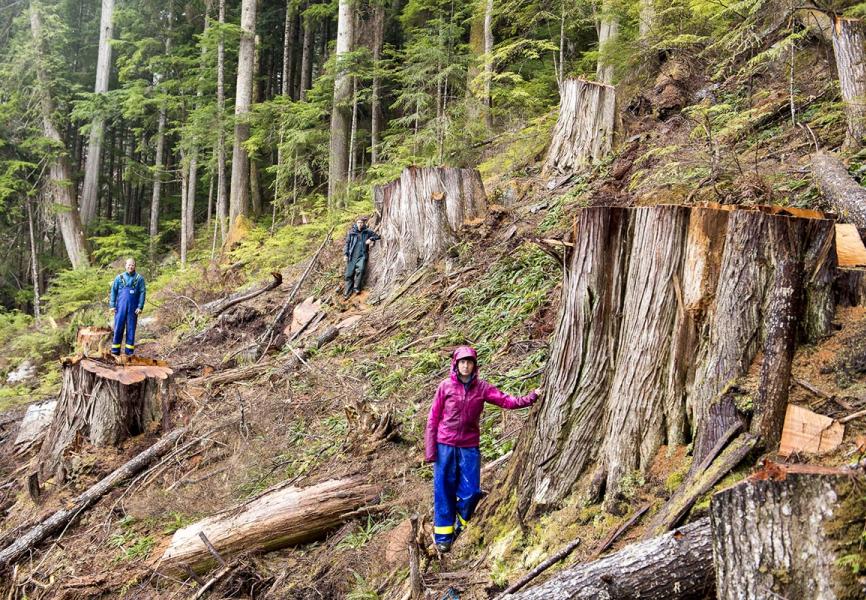
The figures presented by this research group are significantly earlier than those of the Intergovernmental Panel on Climate Change (IPCC) and some government organizations, which suggest that it will be centuries before the tropical rainforests of the Congo Basin lose their ability to absorb CO2.2.
The primary causes of this situation are believed to be the impact of extreme events such as droughts in Africa leading to rising temperatures and the frequent deforestation in the Amazon region.
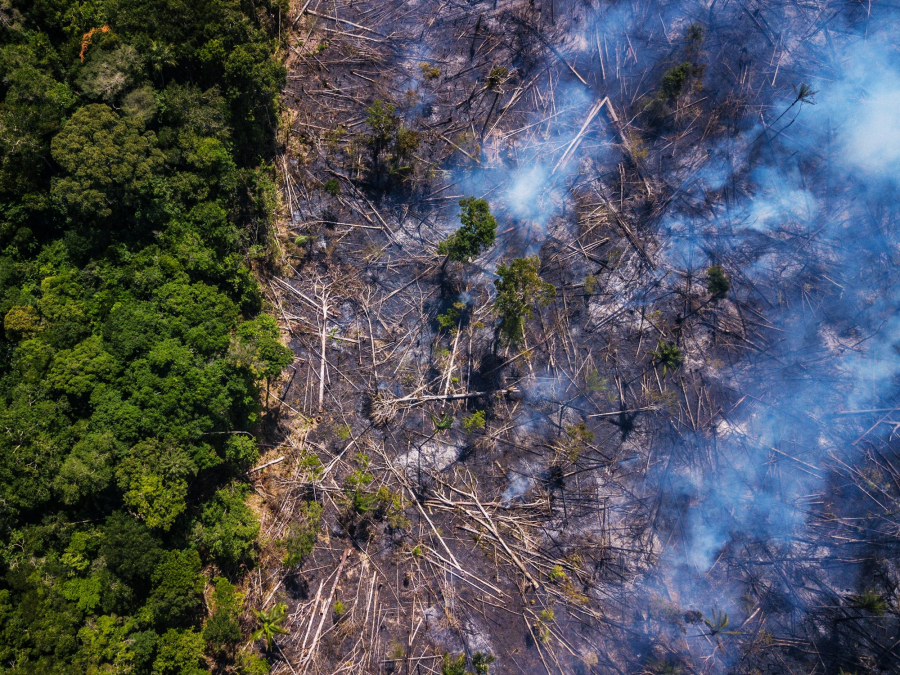
"We see that the most worrying aspects of climate change have begun. This is the decade of extreme events around the world," Lewis added.
Currently, much hope is placed on the UN climate negotiations scheduled for November this year, where many countries are expected to present plans for balancing energy levels by 2050. Countries with significant resources, such as the United States, and many large corporations, also have plans to reduce emissions through increased conservation efforts, reforestation, or new forest planting.

 VI
VI EN
EN



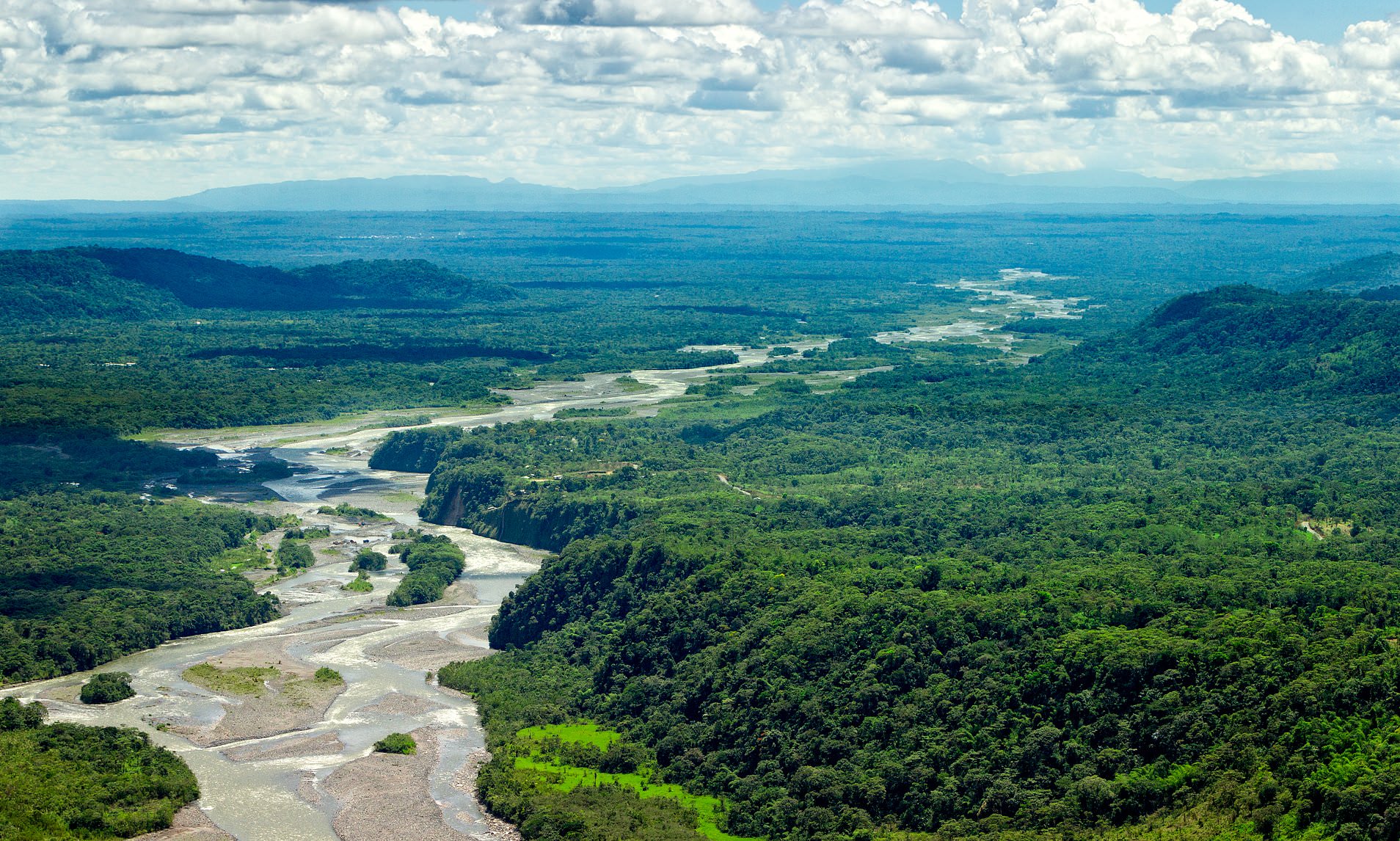










.jpg.jpg)









